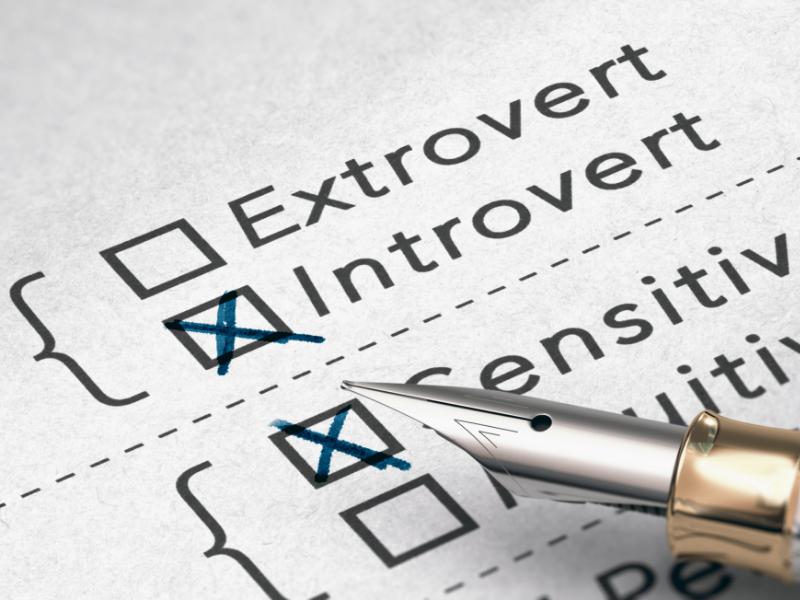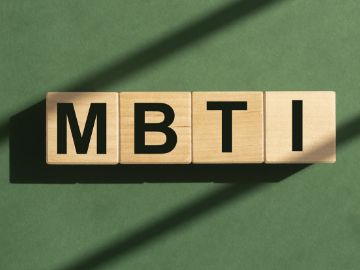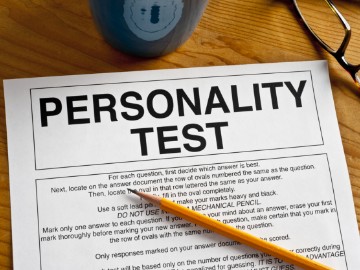Why do Employers Use Personality Tests for Hiring?

Recruitment consists of many tests. Employers use exams to assess an applicant's skills, but using personality tests for hiring is also helpful. They get valuable insights into how a candidate may act at work. This helps them predict job success and know whether the candidate fits in the company.
A job personality test also helps employers put people in buckets for a more effective workplace.
Reasons Employers Use Personality Tests
Personality tests have many benefits, including a better understanding of human personality. Using personality tests for hiring offers a bigger picture of the candidate pool.
-
Create a sense of order
Companies receive a lot of resumes, making it harder to find the right people. A job personality test helps narrow down the best candidates and make better hiring decisions. It also gives a reasonable explanation behind the prospect selection.
-
Give managers a shared language
Managers typically categorize people based on traits. A job personality test gives them a standard way of talking about the employees and their behavior. This way, creating the right communication style for each is easier.
-
Determine communication style
Speaking of communication, it plays a significant role in the workplace. Learn how a person prefers to communicate, cooperate with a group, and resolve conflict with a personality test.
-
Predict future performance
Using personality tests for hiring reveals how a person copes with problems and their collaborative skills, tendencies, and habits. However, it cannot foresee how they will do in the workplace. It's best to use them along with other exams that evaluate cognitive abilities and cultural fit to calculate future job performance better.
-
Reveal fittingness
An applicant's skills and experience are relevant. However, their personality also determines whether they fit the role. Some companies look for assertive, aggressive individuals, while others prefer someone laid-back to do the job. They choose the best candidate based on the position and company culture through a personality check.
Common Job Personality Tests
There are about 2,500 personality tests developed for different purposes. Below are commonly used ones for recruitment.
-
Myers-Briggs Type Indicator (MBTI)
The Myers-Briggs Type Indicator establishes where a person fits within four categories: extraversion vs. introversion, judging vs. perceiving, intuition vs. sensing, and thinking vs. emotion. The test has 93 questions with 16 possible personality results.
-
DISC Behavior Inventory
Using personality tests for hiring helps bring out one's temperament and behavior styles. The DISC test categorizes a person's emotional expression into four: Dominance, Influence, Steadiness, and Conscientiousness. A candidate may end up in one category or two categories next to one another.
-
Big 5 (OCEAN)
The Big 5 (OCEAN) exam is based on the five-factor model (FFM) psychological theory asserting that there are five broad trait domains of personalities. It measures openness, conscientiousness, extroversion, agreeableness, and emotional stability
-
The Caliper Profile
In contrast to previous personality assessments, the Caliper Profile looks at positive and negative traits, giving a complete picture of a person. It evaluates the relationship between a candidate's personality characteristics and work performance.
Know Yourself Better
Employers use exams to see an applicant's abilities, but using personality tests for hiring is also beneficial. They provide an in-depth perspective and are a great way to examine a person because they cannot be "hacked."
To find the ideal job or company for you, visit Career.com.



